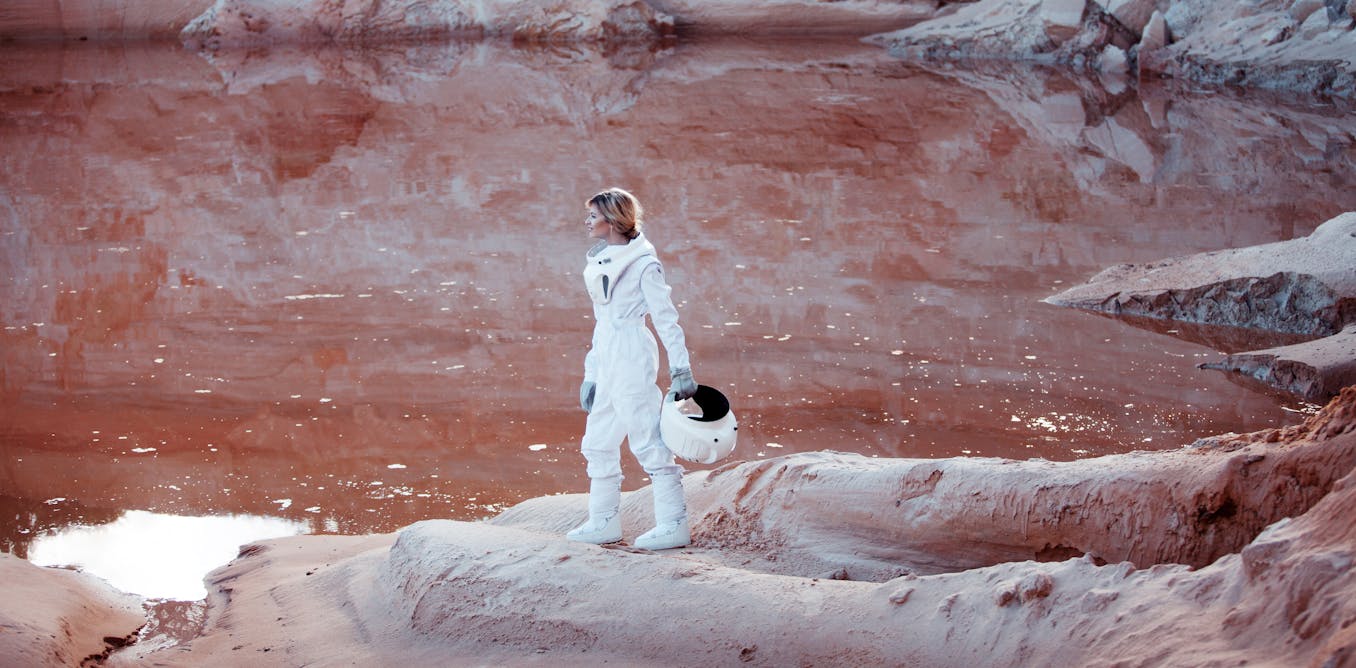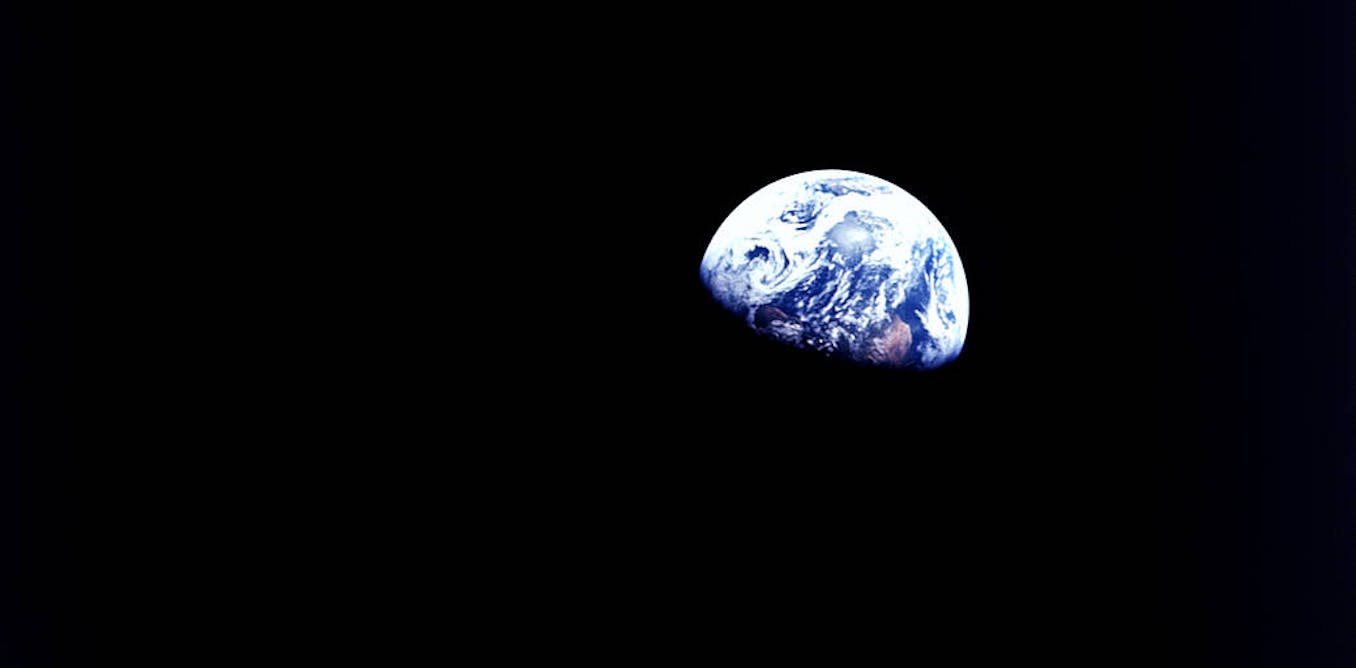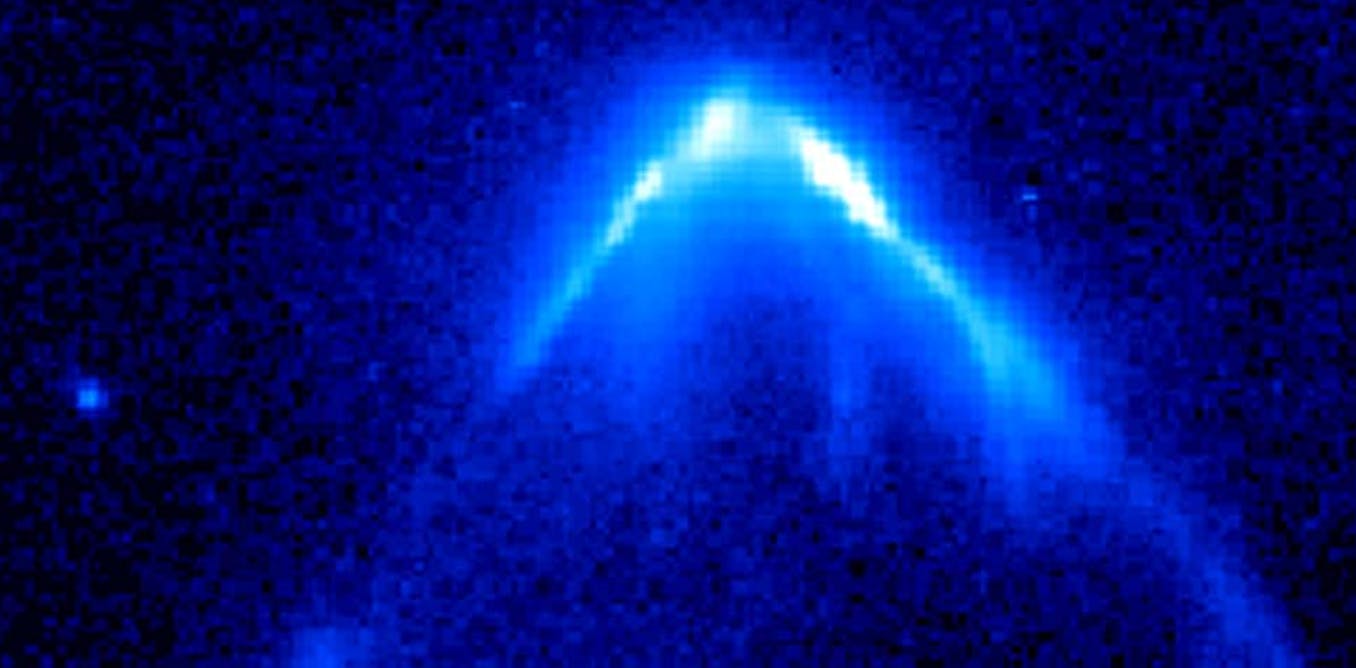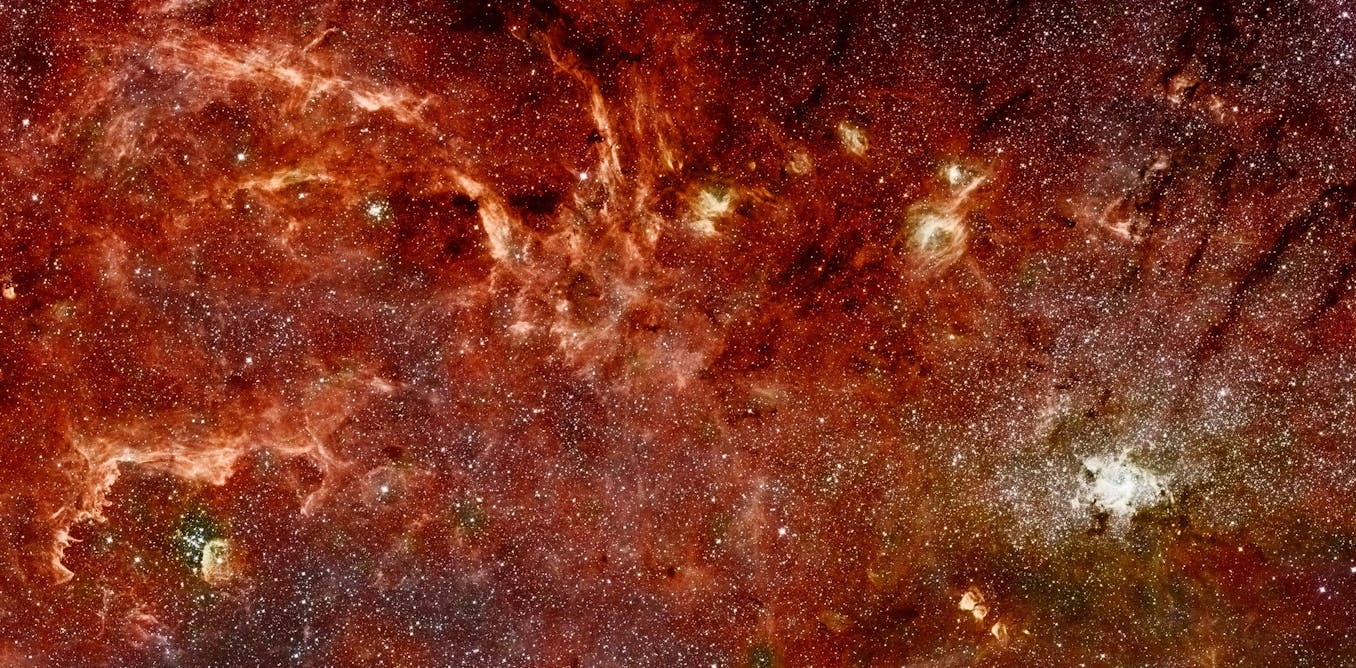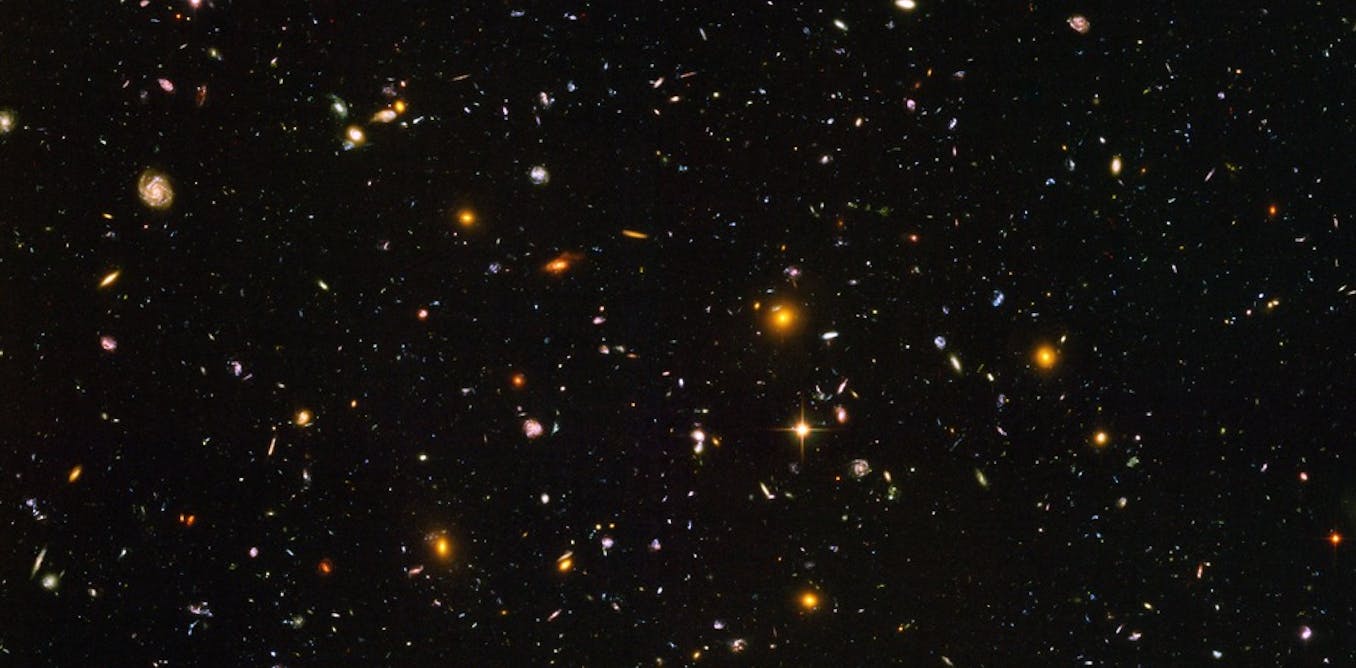An asteroid impact could wipe out an entire city – a space security expert explains NASA's plans to prevent a potential catastrophe
NASA has only mapped 40% of the potentially dangerous asteroids that could crash into Earth. New projects will boost that number, and upcoming missions will test tech that could prevent collisions.
March 1, 2022 • ~10 min
Real shooting stars exist, but they aren't the streaks you see in a clear night sky
Hypervelocity stars were discovered only 15 years ago and are the closest things in existence to real shooting stars. They travel at millions of miles per hour, so fast that they can escape from galaxies.
Jan. 6, 2022 • ~8 min
Five of the most exciting telescope pictures of the universe
As we await the launch of the James Webb Space telescope, it’s timely to look back on what previous generations of telescopes have shown us.
Dec. 23, 2021 • ~9 min
James Webb Space Telescope: what astronomers hope it will reveal about the beginning of the universe – podcast
Plus, the tactics the food industry is using to boost sales of ultra-processed foods in middle-income countries. Listen to The Conversation Weekly.
Dec. 9, 2021 • ~6 min
A new exoplanet: meet GJ 367b, an iron planet smaller and denser than Earth
Most of what we know about planets outside our Solar System relates to gas-giant planets. A new study has identified and characterised a smaller exoplanet.
Dec. 2, 2021 • ~6 min
A small telescope past Saturn could solve some mysteries of the universe better than giant telescopes near Earth
Such a mission could be developed soon, allowing astrophysicists to take selfies of the solar system and use the Sun’s gravity as a lens to peer deep into space.
Nov. 1, 2021 • ~9 min
The most powerful space telescope ever built will look back in time to the Dark Ages of the universe
The James Webb Space Telescope is set to launch into orbit in December 2021. Its mission is to search for the first light to ever shine in the universe.
Oct. 12, 2021 • ~8 min
/
20

